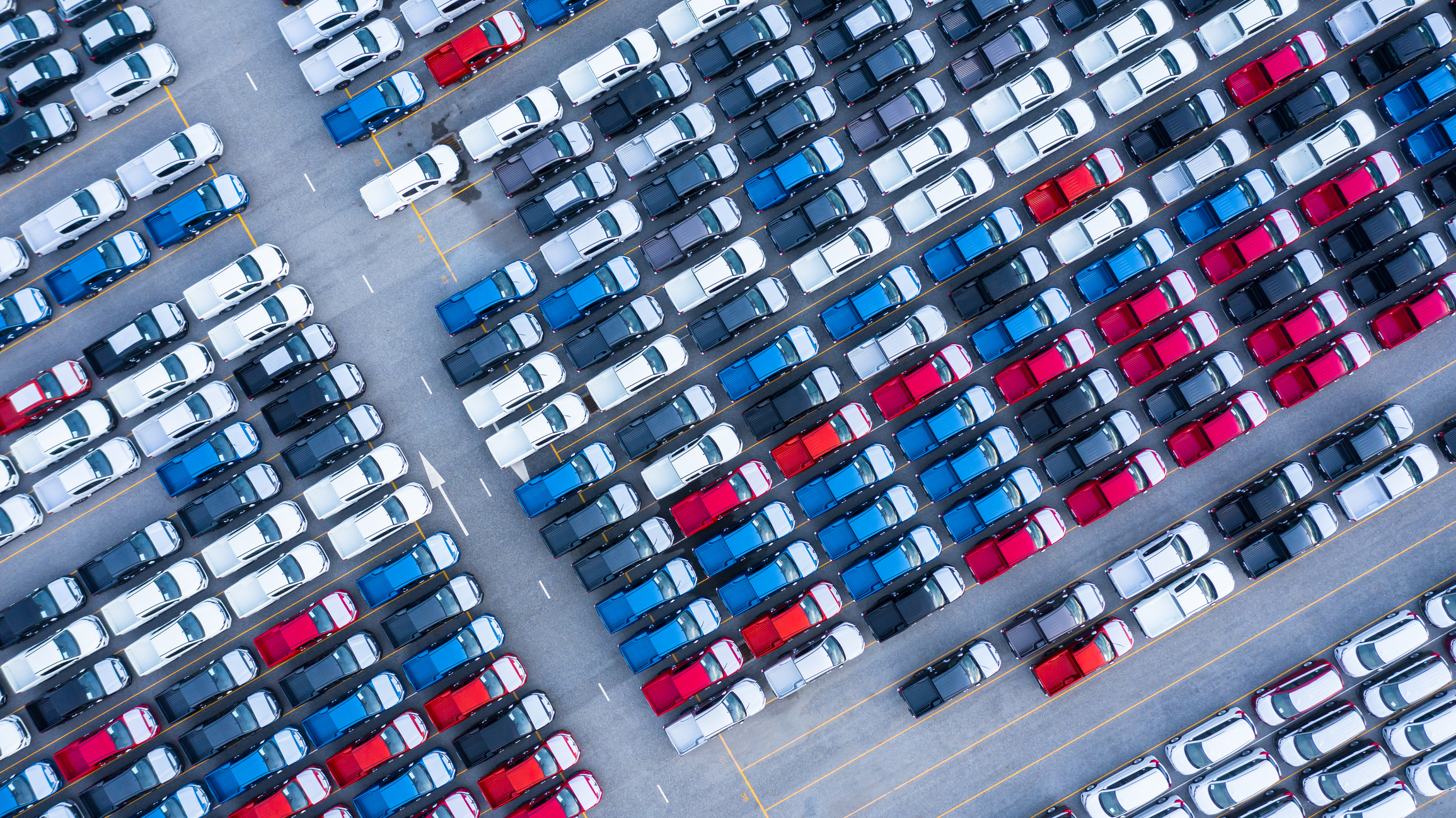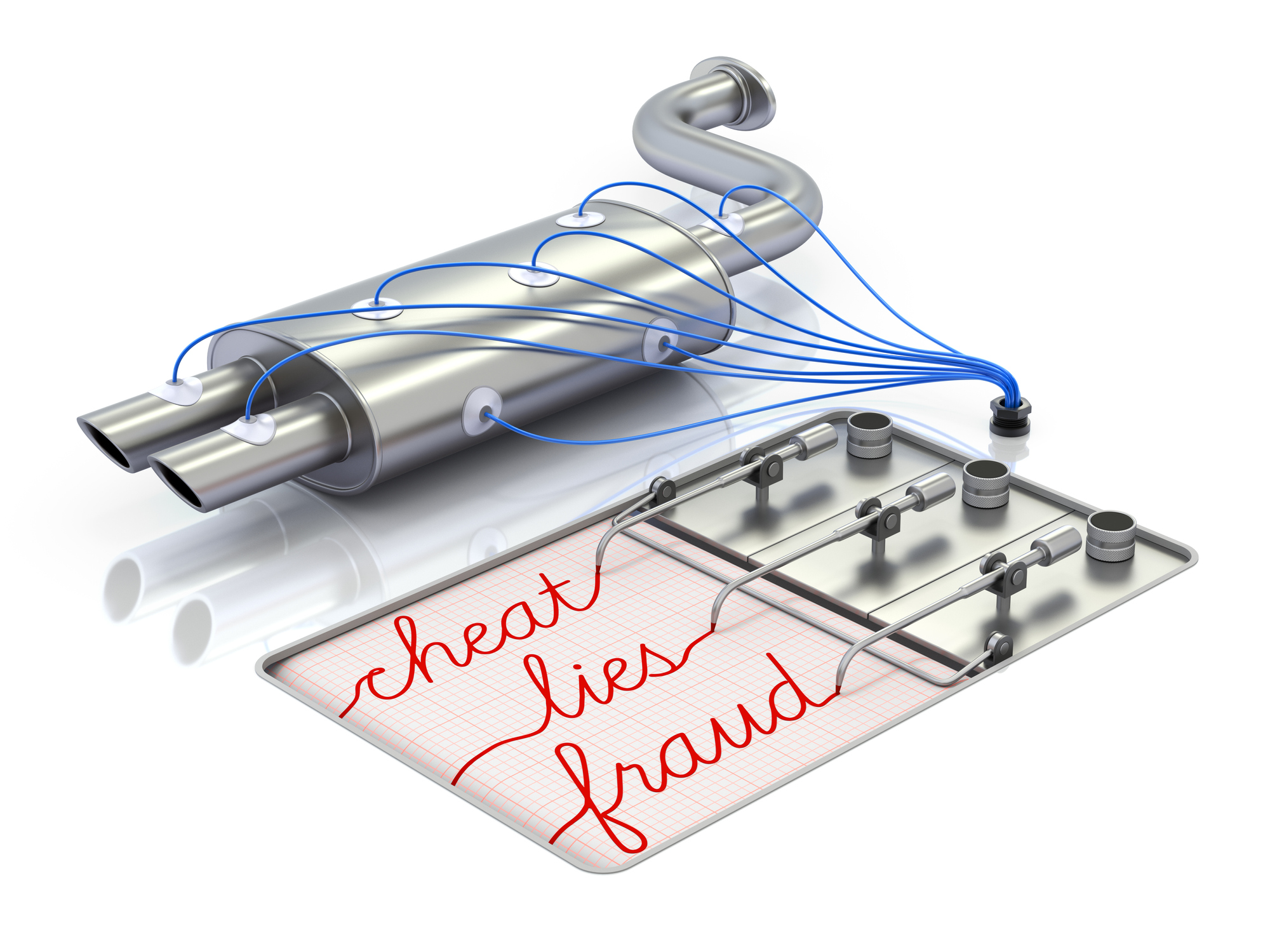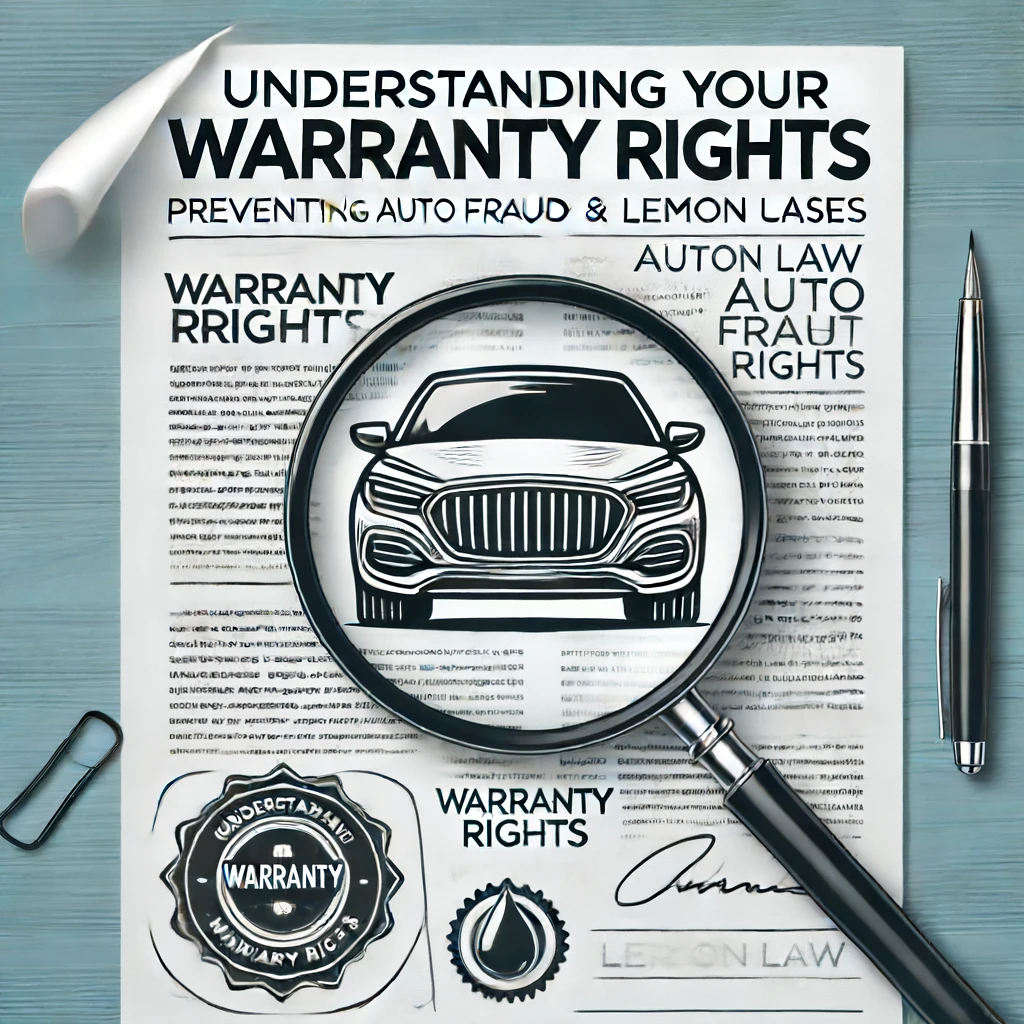California consumer protection statutes define auto dealer fraud as an activity using “deceptive and unlawful practices” that cheats consumers out of money. Auto dealer fraud in California can occur anytime during the purchase of a vehicle. You can experience auto dealer fraud by reading a deceptive print advertisement, as well as agreeing to fraudulent financing terms for the purchase of a vehicle. As one of the most common auto dealer fraud tactics, bait and switch advertising receives intense scrutiny from the California Attorney General Office.
An Overview of Bait and Switch
The classic auto dealer bait and switch involved changing window price signs. A consumer walked by an auto dealership on a Tuesday to see a car for sale at a $10,000 price point. Three days later, when the consumer was ready to buy the car, the sign in the auto dealership window read $12,000 for the same vehicle. According to California law, bait and switch represents the practice of deceptive advertising that attracts customers because of a price offered on a vehicle no longer available for sale. Once consumers arrive at a dealership, the sales team attempts to get the consumer to buy more expensive models displayed on the lot and in the showroom.
What Used Car Dealers Must Disclose
Auto dealer fraud is especially prevalent among many used car dealerships. California consumer protection statutes require used car dealers to reveal any damage a vehicle has incurred by the previous owners of the vehicle. The damage can be minor, such as a fender bender or missing radiator cap. However, California law targets used car dealerships that fail to disclose major, yet concealed vehicle damage. Major vehicle damage can include a cracked transmission and broken brake line.
Detecting Craigslist Auto Dealer Scams
Craigslist has emerged as one of the most popular ways to shop for a new or used vehicle. Unfortunately, the move to online vehicle transactions has created a fertile field for shady auto dealers.
Here are some tips to detect auto dealer fraud on Craigslist:
- Auto dealer operates in a different part of the country
- Abnormally low price for a vehicle
- Refusal to allow an on-site inspection
- No business name attached to dealer
- Request for upfront money
- Cash only sales transaction

Many auto dealers on Craigslist present photos of the vehicles put up for sale. Closely analyze the photos of a vehicle you want to purchase to determine legitimacy. You might also detect exterior imperfections the auto dealer is trying to hide. Refer to Kelley Blue Book to learn about the values of vehicles offered by auto dealerships. Kelley Blue Book breaks down pricing by model and by year. Moreover, avoid Craigslist auto dealers that demand a down payment and/or request personal information, such as a credit card or bank account number.
More about Identity Theft
Some fraudulent auto dealers are not interested in ripping you off on the sale of a car. They want to steal your personal data for financial gain. Never wire money for the purchase of a vehicle, as deceitful dealers typically go through Western Union to avoid any traces of the financial transaction. Request a physical address where you can send a check and only when you receive verification from a notary public that the vehicle is in transport to your residence. However, the most effective way to avoid auto dealer fraud is to check out the car in person and take it for a test drive.
Our team of California consumer protection law attorneys will help you fight back against auto dealer fraud. Contact our law firm today to schedule a free initial consultation that determines the most effective legal action to take against a dishonest auto dealer.





